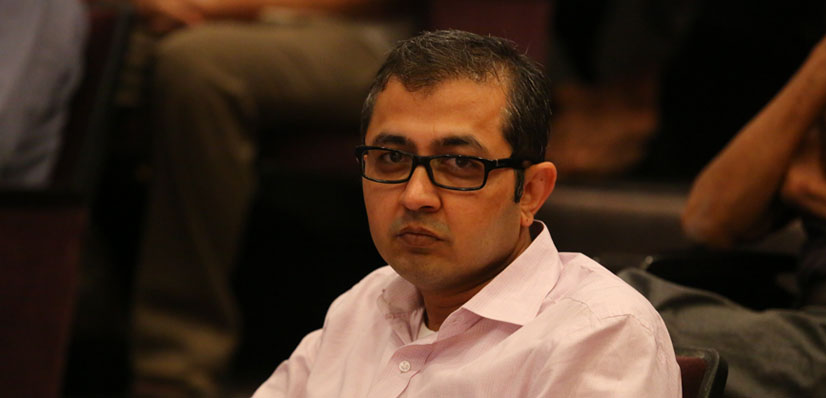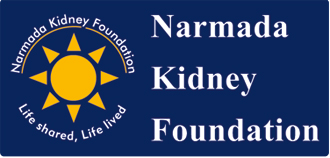
STEROID FREE IMMUNOSUPPRESSION TRANSPLANT
Steroid-free immunosuppression in kidney transplantation has been gaining popularity over the past decade, as documented by a continuous and steady rise in the number of kidney transplant patients discharged on steroid-free regimens. As of 2006, more than 32% of new kidney transplant patients in the United States were discharged from initial transplant without a steroid preparation in their recorded immunosuppressive medications.
This increased interest in steroid-free immunosuppression is fuelled by the recognition that half of transplant loss is related to patient death due to cardiovascular disease and/or infectious complications and that the long-term use of steroids contributes to such elevated cardiovascular morbidity and mortality.
The availability of newer and more potent immunosuppressive agents has furthered such interest. Many clinical trials over the past two decades have demonstrated the feasibility of steroid-free regimens, at the expense of a slight increase in the rate of acute rejection, which is an important end point in any clinical trial of relatively short duration. The largest epidemiological study to date has reassured the transplant community that the selective use of steroid-free immunosuppression in kidney transplant patients provides no inferior outcome in patient and graft survival.
Benefits of steroid free Immunosuppression:
- Cardiovascular effects: The most compelling rationale for steroid-free immunosuppression has been reducing cardiovascular disease risks to which kidney transplant patients are chronically exposed. Several clinical trials have shown the potential for cardiovascular risk reduction.
- Effect on blood pressure: Blood pressure control was improved and/or the amounts of antihypertensive medication were reduced in some studies.
- Diabetes Mellitus: New-onset diabetes, one of the common complications after kidney transplantation, is associated with increased major cardiovascular events and reduced patient survival. Two recent clinical studies also suggested that steroid withdrawal resulted in a reduction in cardiovascular events and metabolic syndrome.
- Effect on growth: Accelerated Growth in children with CKD undergoing transplant- Recent evidence suggests that steroids increase the activity of somatomedin inhibitors, indirectly blocking growth hormone formation which is avoided vie a steroid free protocol.
- Effects on Bone: Osteopenia, related primarily to the use of corticosteroids, has been a major complication of renal transplantation. The risk of osteopenia and aseptic necrosis of femoral head is significantly less with steroid free regimes.
Written by : Dr. Prashant Rajput Consultant Nephrologist, Global Hospitals, Mumbai

It is nice to know that steroid free immunosupression is possible. Is it possible to take off steroid completely for the patients who have received steroid form transplantation surgery?